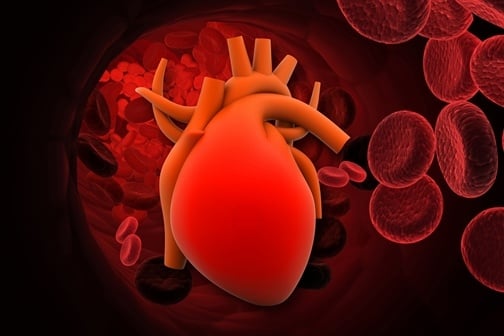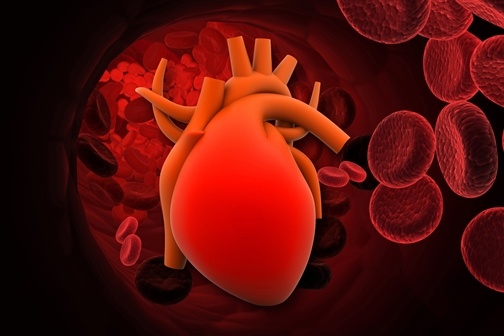
A researcher from the Creighton University has received a grant to research the effects of a gene and stem cell therapy for coronary artery grafts. Devendra K. Agrawal, Ph.D., will receive the $2.9 million NIH grant. Dr Agrawal has already spent more than a decade researching ways to improve the success rate of coronary artery bypass grafts involving the saphenous vein in the leg.
During coronary artery bypass graft surgery (CABG) a blood vessel is redirected or removed to bypass blockages and restore blood flow to the heart. The blood vessel used can come from another part of the body and is called a graft.
The saphenous vein is commonly used in coronary grafts, but it is susceptible to new blockages after the procedure. Dr Agrawal has developed a gene therapy treatment to correct a defect in a protein that contributes to blockages. The protein can be corrected before the CABG surgery is performed.
Bone marrow-derived stem cells can also be used to regenerate a layer of cells on the blood vessel. This further reduces the risk of blockages by ensuring circulating cells do not adhere to the blood vessel.
The techniques are both being successfully used in animal testing with no side effects. Dr Agrawal believes the procedures will be ready for Phase 1 clinical trials on humans soon. Both the gene therapy and stem cell therapy for coronary artery grafts may be able to greatly reduce the risk of blood vessel blockages and thrombosis in humans.
From: Gene, stem cell therapies may have far-reaching implications for coronary artery grafts
{{cta(‘3fe0aac7-7562-46dc-b8b9-c706d9cfd6b1’)}}
{{cta(‘fec594e9-5433-4350-9180-2bdd371eb399’)}}


